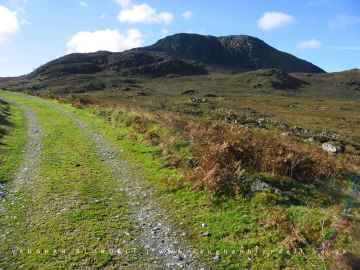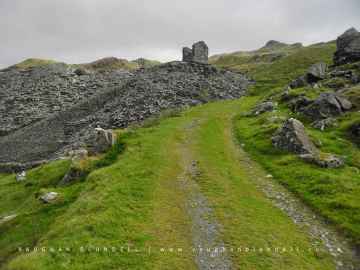Criccieth
Criccieth is a Town in the county of Gwynedd.
Criccieth postcode: LL52 0AG
There are great places to visit near Criccieth including some great towns, ancient sites, mountains, lakes, historic monuments, old mines and ruins.
Criccieth's best nearby towns can be found at Pwllheli, and Barmouth.
The area around Criccieth's best ancient sites can be found at St. Cybi's Well.
The area around Criccieth boasts some of the best mountains including Y Garn, Arenig Fawr, Snowdon, and Cnicht.
There are a several good lakes in the Criccieth area like Llyn Ogwen, and Llyn Arenig fawr.
There are a several good historic monuments in the area around Criccieth like Arenig Fawr.
The area close to Criccieth boasts some of the best old mines including Croesor Quarry.
Places near Criccieth feature a number of interesting ruins including Croesor Quarry.
Criccieth History
There are some historic monuments around Criccieth:
Places to see near Criccieth
History of Criccieth
In the later years of his life, Llywelyn turned his attention to his successor. Welsh law stipulated that illegitimate sons had equal rights with legitimate sons; Llywelyn sought to ensure that Dafydd ap Llywelyn, his legitimate offspring, would inherit Gwynedd in place of his eldest, but illegitimate, son Gruffydd. On Llywelyn’s death in 1240, Dafydd sought to secure his position. Dafydd was half English and feared that his pure Welsh half-brother would be able to gather support to overthrow him. Gruffydd was held prisoner in Criccieth Castle, until he was handed over to Henry III of England in 1241, and moved to the Tower of London. Dafydd ap Llywelyn died in 1246, without leaving an heir, and was succeeded by Llywelyn ap Gruffudd, his nephew. Edward I had inherited the English throne in 1272, and in 1276 declared Llywelyn a rebel. By 1277, Edward’s armies had captured the Isle of Anglesey, and were encamped at Deganwy; the settlement, the Treaty of Aberconwy, forced Llywelyn to acknowledge Edward as his sovereign, and stripped him of much of his territory. Dafydd ap Gruffydd, Llywelyn’s younger brother, attacked the English forces at Hawarden in 1282, setting off a widespread rebellion throughout Wales; Edward responded with a further invasion of Gwynedd, during which Llywelyn was killed on the battlefield at Cilmeri. With the final defeat of Gwynedd, Edward set about consolidating his rule in Wales. Criccieth Castle was extended and reshaped, becoming one of a ring of castles surrounding Edward’s newly conquered territories. A township developed to support the garrison and a charter was granted in 1284; the charter was intended to create a plantation of English burgesses who would provide food for the soldiers from the arable land behind the Dinas and the grazings on the slopes beyond. Weekly markets were held on Thursdays and there were annual fairs on 25 April and 18 October, the evangelical feasts of Saint Mark and Saint Luke.














